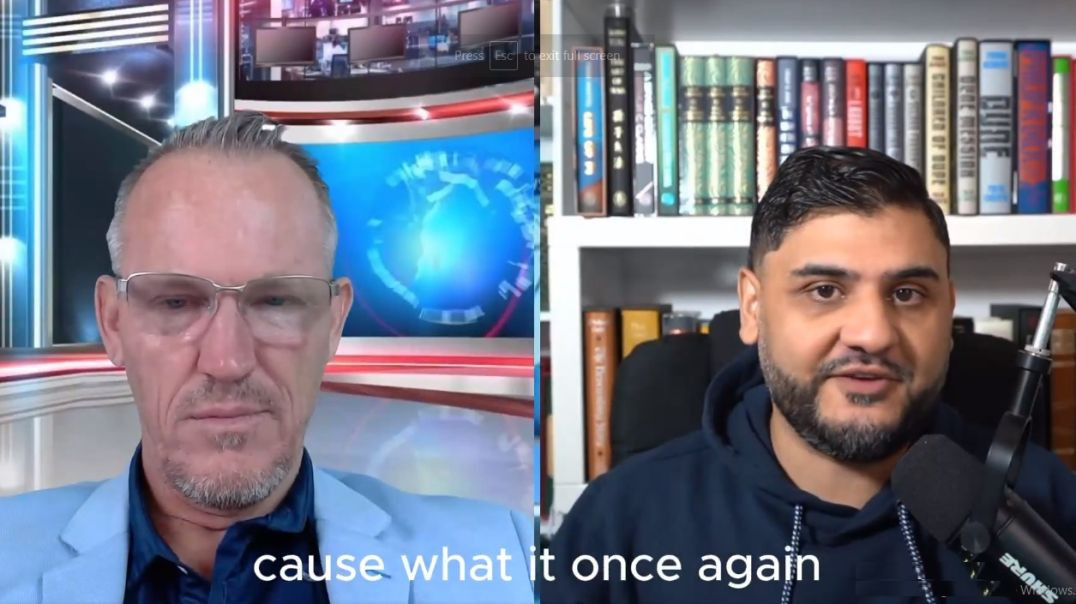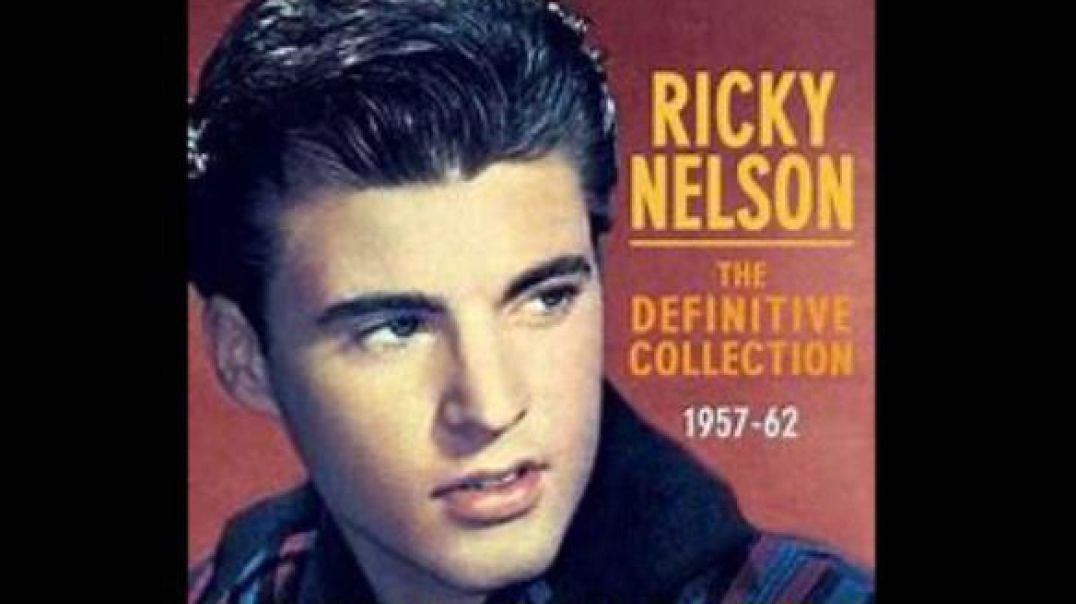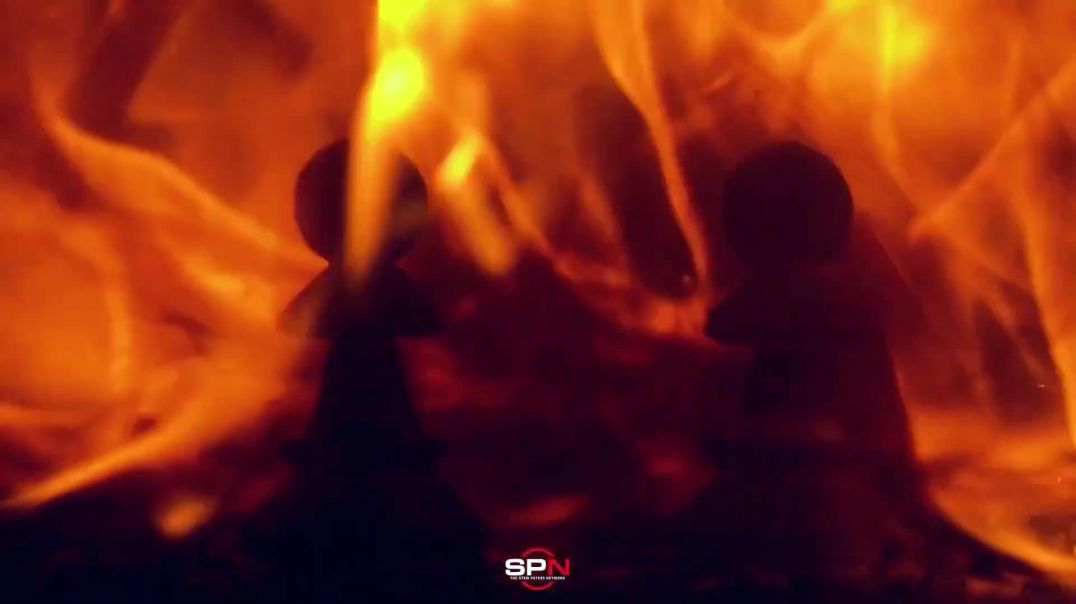Please donate now to help fund our work
11 Chapter 7 The Mary Phagan Inquest Starts In Atlanta Georgia Part XI
Judge W.D. Ellis introduced the new Fulton County grand jury and heard Frank's story before the coroner's jury reconvened Monday afternoon.
The judge impeached the members, arguing that if they were to prosecute those responsible for the young girl's death, Phagan's case should take precedence over all others. "Mary Phagan's case requires your immediate and careful attention," the judge said of the case. You have the power of the state. A heinous crime was committed, and the welfare of the community, the reputation of Atlanta's public justice system, and the authority of the law require that this grand jury, along with all other law enforcement authorities, investigate and investigate as thoroughly as possible. This is to quickly bring the culprit to justice.
A grand jury resumed its investigation into Mary Phagan's death Monday at 2:30 p.m. Leo M. Frank.
Among the first witnesses called was Frank. He testified for three and a half hours, detailing his presence and actions on the day of the murder. Dorsey, the coroner's attorney, was interrupted by Chief Lanford's questioning.
Mister and miss Another witness called that afternoon was Emil Selig, who had occupied the Franks' house.
Frank's father-in-law is Selig. When Frank first testified, he said he was living in Brooklyn, New York and that he left Brooklyn in October 1907 to travel abroad before returning to the United States and working for the National Pencil Company. America's best. The post of chief inspector. He said responsibilities for the role include overseeing materials procurement, researching production costs, ensuring proper order entry and fulfillment and general production management. As usual on Saturday morning, Frank recounted how he arrived at the factory and went about his daily tasks until noon.
Since it was a holiday, there were only 11 employees in the factory, which made things a little easier. As he began to copy the order onto a delivery requisition, he recounted how Alonzo Mann, the clerk, and Miss Hall, the stenographer, left the building shortly after twelve o'clock. They say no one was in the office at the time.
Frank said: “He killed that little girl. "He came around 12:10 or 12:05 and took the envelope." I haven't heard or seen anyone with him. I heard him talking to someone outside. When he arrived, I was in the office taking orders. I don't remember what he said. I looked up and realized that the employees were coming to pick up their pay envelopes. When he said he would, I handed him my envelope.
To save myself the trouble of going to the safe every time, I put them all in a basket near me. Frank said he didn't know Mary Phagan's phone number. The employee number is printed on each envelope, he said.
He admitted that he had looked up Mary Phagan's phone number after the murder, but had forgotten it.
After handing him the payment envelope, he said he had never seen it. He claimed that he did not enter the payments on pay stubs or other documents because the data was not required.
The girl left. As he walked out the front door, he asked about the condition of the medal. No, no, I told him.
He explained that Phagan's son had been unable to work since Monday due to a lack of metal. He said the boy had $20 in his pay envelope. One reason is that he worked Friday and Saturday the week before. He said he did not know her salary because he did not open the attached pay envelope when she left the company.
According to him, he heard her footsteps in the hallway and returned to work only to close the door due to the incident. Frank Phagan claimed he recognized the boy's face, although he did not know his name. He was partially behind her desk and couldn't see all the details of her dress, but said he thought it was brightly colored.
Her shoes and socks were hidden behind the desk, and he couldn't remember if she was wearing a hat, carrying an umbrella, or a bag. He said the girl came to his office between 12:10 and 12:15 and stayed there for about two minutes. He said he recognized him by the phone number, although he thought his name would be on the outside of the paid envelope.
The witness said no one else entered the office while he was there. In response to specialist research. He said he informed her that he was late when he left. In the far office he thought he heard her voice. After giving the envelope to the girl, she said she didn't add anything to her salary. At this moment, Frank said something shocking.
Five or ten minutes after Mary Phagan left, Lemmy Quinn, the head of the congressional department, entered the office. Frank said Quinn was only minutes away. After a short conversation, the director left at 12:25. me.
He said that Quinn, the head of the girls department, knew Mary Phagan. Frank said that before leaving the office, he went up to the fourth floor and met Mrs. C. White, Arthur White, Harry Denham, two boys working in the factory.
When Frank returned to the factory a short time later, he found White and Denim working on the third floor.
White borrowed $2 from him before leaving the building Frank left around 120 or 3am on Saturday. He said he followed them downstairs and locked the door for the afternoon. He says he's been doing it for a while.
He wrote in his financial statement that Mr. Lee arrived early in the afternoon and told him to come back, and that at 6 o'clock after the negro returned, Gant came to get his shoes. They said they left and arrived around 6:25. He described how he called Lee Myung-bak at work.
According to Frank, he went to bed at 11am. He then explained what happened the following Sunday.
Frank spoke to Lee at the police station and told him about the Monday after the murder. "They know you know something." When the detective told him to talk to the black man and get him to confess, Frank told the guard: He has the ability to shake us both if we don't say it. The investigators asked him what he should say.
After 6 o'clock, Frank left the stand and said he was not interested in the heated response and criticism he had received. Emil Selig and his wife, Mrs. Josephine Selig, followed Frank on the witness stand. Frank told reporters that despite the difficult experience, he was not at all tired or exhausted.
They gave virtually identical testimony, including that they saw Frank eating and drinking on Saturday, that he went to bed at 11 a.m., and that he got up on Sunday morning and went to the factory. They gave no indication that Frank was nervous during the 7.20 p.m. show. me. The investigation was adjourned to 9:30 a.m. on Thursday. During the period between Frank's statement and the cross-examination of his statement, other witnesses were allowed to be called.
Lemmy Quinn, who initially told investigators he was not at the pencil factory on Saturday, later admitted his mistake. He claimed that he had forgotten about his visit and that he had only been in Frank's office for a short time, a minute. When the inquest resumed on Thursday morning, he angrily refused to offer a bribe to protect Frank. Six witnesses testified. Boots Rogers, Lemmy Quinn, Miss Corinthia Hall, factory workers and Miss Hattie Hall, factory stenographer.
However, Judge J.L. Watkins and Miss Daisy Jones were subjected to rigorous cross-examination to refute claims that they had been in the factory on the day of the accident. Quinn stayed true to his story late into the evening. It had been a long time since Mary Phagan had expected to put the envelope with the payment and leave. Botts Rogers said in his testimony that Frank changed the watch band while officers were at the factory on the Sunday morning after Mary Phagan's body was discovered. He then asked for the knife he had taken from the watch.
Rogers also described Mr. Frank's behavior when the police went to his home on Sunday morning to take him to the factory. Production worker Corinthia Hall told the court that Mr Frank had not been reprimanded for the way he treated the girls at the factory. He also testified that he met Remy Queen at a restaurant near the factory around noon on Saturday, supporting his visit to the factory on the day of the accident. In his presentation, J.L. Watkins said he thought he saw Mary in the street near his house at around 5pm on Saturday but mistook Miss Daisy Jones for Mary Phagan. This was also the subject of Miss Jones's evidence.
Detective Harry Scott of the Pinkerton Agency was one of the first witnesses called at the hearing Thursday afternoon. He was Schiff's assistant, the manager of the pencil factory, who was fired after receiving a brief explanation. Scott made the most surprising revelation when he revealed that one of Frank's lawyers, Herbert Haas, had asked the police to withhold all evidence until Haas had a chance to examine it.
Scott said he informed Haas that he was the first person to dismiss the case. Scott replied, "No, I'm still working at the Pencil Factory." Detective John Black followed Scott to the witness stand and explained that he had found a bloody shirt at Lee's house on Tuesday afternoon after he was killed. When Frank and Newt Lee talk together at the police station, Frank tells Newt Lee that if he keeps talking, he and Newt will go to hell.
This is what happened when Newt Lee told the story. On Saturday afternoon he talked about Frank's nervousness. Mr. Lee replied that since the bloodstained shirt was found at his home, when investigated, it would definitely be his.
The four dresses I bought at the store were made by a white woman and are not hers. Called back to the stand, Frank testified to general questions about elevators, clocks, Saturday afternoon work, work that evening and Sunday morning, and the daily operations of the plant. City investigators then called several witnesses.
Tom Blackstock said that Frank touched the girls in the factories and learned to abuse them. Miss Nellie Wood, of Eight Korput Street, said she had worked at the pencil factory for about two years. She said that Frank was so famous that she didn't like that they were trying to pass him off as a joke. She also claimed that Frank would approach her and touch himself when it was inappropriate and that Mrs. Frank did nothing but smile and wink at the girls.
Located at 165 West 14th St., Donegan said he worked at the plant for three weeks about two years ago.
When the hero witnesses finished their testimony in the afternoon, the entire court breathed a sigh of relief as they realized that the now famous Phagan case would be heard by the panel that had been invited to examine it. At ten minutes past 6 a.m. on a Thursday in May 1 1913, Mary Phagan died at the National Pencil Factory.
Judge Donahue began his address to the jury with the indictment.
"You listened to the local doctors," he said. You witnessed the cause of death.
You've heard the evidence of the case and seen the body. It is your responsibility to thoroughly investigate how Mary Phagan died. You swore to do this. When someone dies of natural causes, it is your responsibility to find out who caused that death. A local doctor said the cause of death was asphyxiation. We look at the evidence to determine who is guilty of the crime. If another party is involved or tries to protect the criminal, he or she is equally guilty.
In this case, instead of going to court, you will go to bail court. If you have reasonable suspicion that someone was involved in this crime, it is your duty to pursue someone. You can also subpoena important witnesses to prove your case. We reserve the right to detain anyone who is not directly involved in the incident but who we believe may contain sensitive information. It is your responsibility to charge someone with a crime if you believe information is not being disclosed. The judging company consisted of six people, who appeared one after the other.
The crowd remained still. They were back in 20 minutes. The bishop rose and pronounced the sentence.
A coroner's jury found that Mary Phagan had been strangled to death, and the owner of the pencil factory, Leo M. Frank, and the night watchman recommended that Newt Lee be held pending a grand jury investigation.
Frank and the negro were taken to the tower where the sentences were pronounced.
Deputy Plenny Miner broke the news to the inmates after the first round of testimony. Frank was reading the evening paper in the tower hall. When he approached him, the deputy informed him that a grand jury had recommended that he and Lee be held for further investigation. "It was no better than I expected." Frank told him. Nothing more was said. Newt Lee's discoveries made his influence even more evident.
He hung his head in great sadness and continued to mutter, "I didn't do it, white collar people."



















